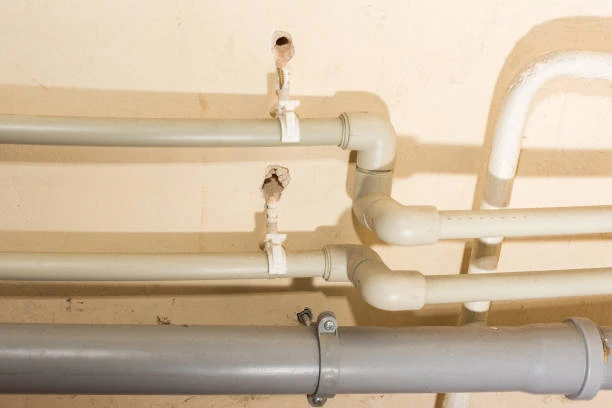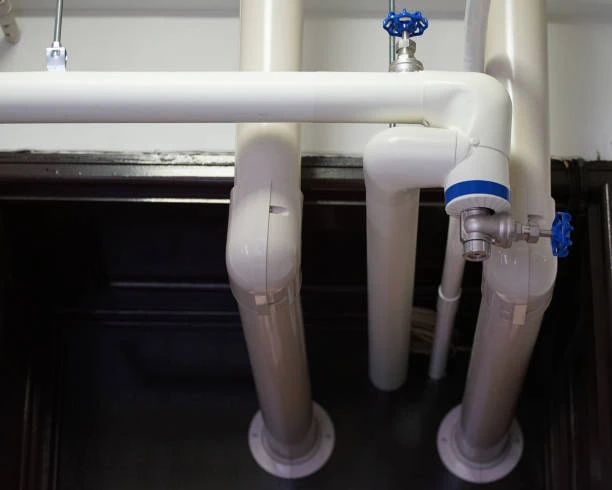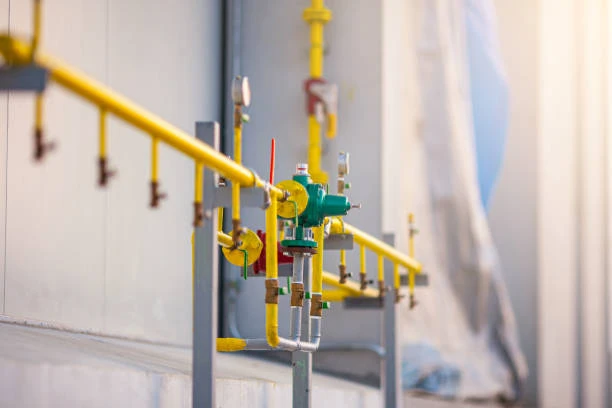Radiator valves play a pivotal role in the performance and efficiency of heating systems. These small but essential components determine how well a radiator can distribute heat throughout a room, offering users control over their indoor climate. When choosing radiator valves, understanding their key features ensures optimal performance, energy efficiency, and comfort. This article explores the most important product features of radiator valves, highlighting their impact on functionality and user experience.
1. Temperature Control Options
Temperature control represents one of the most critical features of a radiator valve. Different types of valves offer varying levels of control, allowing users to manage the heat output of each radiator individually. Manual radiator valves provide simple, hands-on control by letting users manually adjust the valve to regulate the flow of hot water. This feature suits those who prefer direct control over their heating system without relying on automation.
Thermostatic Radiator Valves (TRVs) elevate temperature control to a new level. TRVs automatically adjust the flow of hot water based on the room’s ambient temperature. Users can set a desired temperature, and the valve will maintain it by modulating the water flow. This feature promotes energy efficiency, as the valve reduces heating when the room reaches the desired temperature, preventing overheating and energy waste. TRVs also allow for zoning, where different rooms can maintain different temperatures based on personal preference.
2. Build Quality and Materials
The build quality and materials of a radiator valve significantly impact its durability, performance, and appearance. High-quality valves use robust materials such as brass, stainless steel, or chrome, which resist corrosion and withstand the high temperatures and pressures within a heating system. Brass valves, for instance, offer excellent durability and thermal conductivity, making them a popular choice for both residential and commercial applications.
In addition to durability, the choice of materials affects the aesthetic appeal of the radiator valve. Many manufacturers offer valves in various finishes, including polished chrome, brushed nickel, and matte black, allowing users to match the valve to their interior decor. A well-chosen valve can enhance the overall look of a room, adding a touch of elegance to the heating system.
3. Flow Control Precision
Precision in flow control determines how effectively a radiator valve can manage the amount of hot water entering the radiator. Valves with fine-tuned adjustment mechanisms enable users to control the flow with great accuracy, ensuring that each radiator delivers just the right amount of heat. This feature proves particularly valuable in large properties or multi-room setups where consistent heating across different areas remains essential.
Thermostatic radiator valves excel in flow control precision by automatically adjusting the valve opening based on temperature feedback. Some advanced TRVs use liquid or wax elements that respond quickly to temperature changes, providing a highly responsive and precise flow control mechanism. This level of precision enhances comfort and efficiency, ensuring that rooms stay warm without wasting energy.
4. Installation Flexibility
Installation flexibility stands out as another key feature to consider when selecting radiator valves. Valves come in various shapes and configurations, including straight, angled, and corner models, to accommodate different types of pipework and radiator setups. Angled valves work well for radiators connected to pipework emerging from the wall or floor at an angle, while straight valves suit pipework running parallel to the radiator.
Corner radiator valves offer a unique solution for tight spaces, particularly in bathrooms or kitchens where space constraints require a more compact design. These valves connect to pipework that enters the radiator from the side, creating a neat and unobtrusive appearance. Installation flexibility allows users to choose the valve that best fits their space, ensuring both functionality and aesthetic appeal.
5. Energy Efficiency Features
Energy efficiency remains a top priority for many homeowners, and radiator valves can contribute significantly to reducing energy consumption. Thermostatic radiator valves stand out in this regard, as their ability to maintain consistent room temperatures reduces unnecessary heating. By lowering the flow of hot water once a room reaches the desired temperature, TRVs minimize energy waste and help lower heating bills.
In addition to thermostatic control, some radiator valves feature integrated flow limiters or balancing capabilities. These features ensure that all radiators in a system receive the correct amount of hot water, preventing some from overheating while others remain underheated. Balanced heating optimizes the overall efficiency of the system, further reducing energy consumption.
6. Design and Aesthetics
The design and aesthetics of a radiator valve contribute to the overall look of the heating system and the room it serves. Manufacturers offer a wide range of valve designs, from traditional to modern, to suit different interior styles. Traditional designs often feature ornate details and classic finishes, such as brass or antique bronze, making them ideal for period properties or rooms with a vintage aesthetic.
On the other hand, modern radiator valves typically showcase sleek, minimalist designs with polished chrome, matte black, or brushed nickel finishes. These valves complement contemporary interiors, offering a clean and sophisticated look. Some manufacturers also provide custom finishes or bespoke designs, allowing users to match the valves perfectly with their home decor.
7. Ease of Use and Maintenance
Ease of use and maintenance remain important considerations for radiator valve users. Manual valves offer straightforward operation, with simple twist-and-turn mechanisms that anyone can manage. Thermostatic valves, while more complex, often include intuitive temperature controls that allow users to set their desired temperature with ease.
In terms of maintenance, high-quality radiator valves require minimal upkeep. Durable materials like brass and stainless steel resist corrosion and wear, ensuring long-lasting performance. Some valves also feature replaceable components, such as the thermostatic sensor in TRVs, which can be easily swapped out if they become faulty. Regular maintenance, such as cleaning the valve and checking for leaks, helps extend its lifespan and maintain optimal performance.
The best radiator valve supplier
| Company Name | Brand | Established | Address |
| Zhejiang Zhuji sail pipe industry Co., LTD | IFAN | 1993 | International Trade Building, 999 Chouzhou North Road, Yiwu City, Zhejiang Province,China |
| Honeywell International Inc. | Honeywell | 1906 | 300 South Tryon Street, Charlotte, NC 28202, USA |
| Danfoss A/S | Danfoss | 1933 | Nordborgvej 81, 6430 Nordborg, Denmark |
| Schneider Electric UK Ltd. | Drayton | 1960 | Stafford Park 5, Telford, Shropshire, TF3 3BL, UK |
| Herz Armaturen GmbH | Herz | 1896 | Richard-Strauss-Straße 22, 1230 Vienna, Austria |
IFAN standard
IFAN is a brand that offers products that meet a wide range of international standards, ensuring the quality and reliability of every product. Including :ISO 15874 series standards, EN 15874 series standards, ASTM F2389, DIN 8077/8078, GB/T 18742 series standards, NBR 15884. IFAN is committed to providing high quality products and excellent service!
Conclusion
Radiator valves offer a variety of features that enhance their functionality, durability, and aesthetic appeal. Temperature control options, ranging from manual to thermostatic, allow users to manage their indoor climate with precision. High-quality materials and build quality ensure long-lasting performance, while installation flexibility accommodates different pipework setups. Energy efficiency features, such as automatic flow regulation, contribute to lower heating costs and a reduced environmental footprint.
By understanding these key features, homeowners and professionals can select the right radiator valves for their needs, ensuring a comfortable, efficient, and stylish heating system. Whether prioritizing precision control, durability, or design, the right valve can make a significant difference in the performance and appearance of a heating system.
Connect
IFAN is a Chinese manufacturer of plastic pipes, fittings and valves with 30 years of experience. If you are interest in IFAN copper fittings, copper valves, plastic pipes and fittings, please contact us. IFAN offers you a variety of standard pipes to meet your specific needs. Click below to learn more about IFAN’s wide range of affordable and cost-effective valve products and piping system related products.
We will reply your email or fax within 24 hours.
You can call us at any time if there is any question on our production.
For more information,pls visit our webside https://waterpipefitting.com/
Pls Mailto: [email protected]
Whatsapp: + 86 19857948982














Recent Comments